Geosciences Department
Majors in the geosciences program select between two concentrations: Environmental Geosciences or Earth Science, depending on your career goals.
The Environmental Geosciences Concentration will prepare you for employment in the private sector and various governmental agencies. Upon completion of this concentration you will also have appropriate course work to be eligible for the certification exam as a professional geologist and professional hydrogeologist in Wisconsin. The expertise in hydrogeology and contaminant fate and transport afforded by this concentration can lead to employment as an environmental geoscientist in a variety of governmental and private organizations. If you are interested in taking certification exams as professional soil scientists in Wisconsin you may choose electives in soil science. Upon graduation with this background you may work with governmental and private agencies in such applied fields as water resource management, soil conservation, and land-use planning. This concentration can also be done in conjunction with a 3+2 program at the School of Freshwater Sciences at UWM.
The Earth Science Concentration is extraordinarily flexible, as 18 credits of support courses are built into the major. These courses will be selected by you and your adviser in order to develop a focal point related to your geosciences curriculum. The 18 credits are part of the major; therefore, a student electing to complete a minor cannot use these credits for that minor. Typical uses for the support courses include preparation for teacher licensure, law school, M.B.A. or M.P.A. programs.
GEOSCIENCE PROGRAMS
ALUMNI STORIES - CARI WILLMS
Since leaving Parkside, I have been one of the lucky few who found great jobs immediately after graduation. For that matter, I moved 800 miles for it just three weeks after graduation! These days I live on the edge of Manassas National Battlefield Park in Manassas, Virginia.
I hold the position of Research Associate for Edenspace Systems Corporation. Since Edenspace is a small company (I’m fourth in command in a company of four!), I have quite a range of duties, including administrator, salesperson, researcher, field technician, and instructor. Edenspace works primarily in the field of phytoremediation, so I’ve had to learn my plant physiology fast!
Some recent projects I have been involved in include a National Institute of Health-funded pilot scale project using ferns to remove arsenic from drinking water (FAR more successful than we expected!) in Albuquerque, NM, an American Forests-funded project teaching and certifying underprivileged adults environmental techniques to improve their job skills in Baltimore, MD, and an U.S. Army Corps of Engineers project using ferns to remove arsenic from residential soils in Spring Valley, Washington, D.C.
I really have to give much of the credit for my success to Dr. George Li, for his (extreme!) patience teaching me to be independent in the laboratory. I have found the practical experience gained in his lab and the theoretical knowledge taught in his geochemistry classes to be absolutely invaluable. Of course, I must also give credit to Dr. Chris Evans for teaching me the value of constantly asking “Why,” and “How,” not to mention for convincing me to consider applying for a job that was well out of my known geography (e.g. comfort zone *grin*). Finally, I have to thank Dr. John Skalbeck for convincing me (whether he knew it or not!) that there really IS life after graduation for us Geoscientists.
What can I say? I would never have known I could do this if it weren’t for these three people. Therefore, I must send an enormous “THANK YOU!” hug in their direction!
-Cari Willms
ALUMNI STORIES - NEIL COUCH
The Geoscience program along with the faculty at UWP have prepared me exceptionally well in furthering my education in Hydrogeology in Graduate school. The program has its finger on the pulse of where the Environmental Geoscience field in heading. Opportunities, such as, working in Dr. Evans and Dr. Skalbeck’s research labs was probably the most beneficial experience I had. The work not only helped to solidify the things I had learned in the classroom and provided, the ever important, hands on/real world experiences, but it allowed me to develop a positive personal relationship with Dr. Evans and Dr. Skalbeck. In my opinion, that is the best part of the program, the personal attention you receive from each of the professors. I have found that the experience I have gained from UWP puts me a step ahead of many of the students in my graduate program today.
- Neil Couch
ALUMNI STORIES - DANIEL ALESSI
My decision to go to Parkside and to transfer from a larger university was one of the best decisions I have ever made. Although there are only a few faculty in the Geology Department, the instruction was personal. For instance, I was able to get advice from professors that was tailored to my career interests because we knew each other more intimately. Despite the small size of the department, the opportunity to cooperate in faculty research was excellent. Many people have told me how impressive and unusual it was for me to have so much laboratory experience and an opportunity to publish professionally as an undergraduate. These experiences played a major role in my obtaining a position as a Staff Geologist for a major environmental firm only a few months after graduation and in my recent acceptance into a graduate program. Both the classroom and research work I did in the UW-Parkside Geology Department have prepared me to efficiently tackle the coursework and thesis research I will be finishing this academic year.
-Daniel Alessi
PROGRAM CONTACT INFO
Dr. John Skalbeck | 262-595-2490 | skalbeck@uwp.edu



